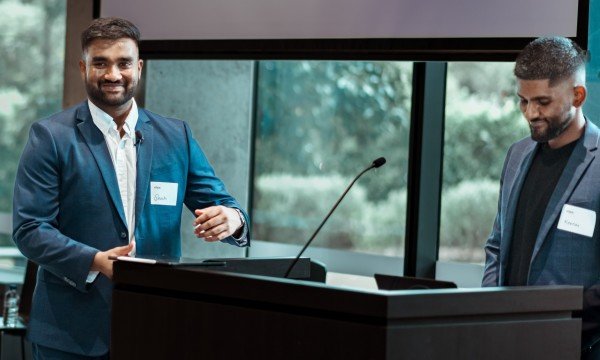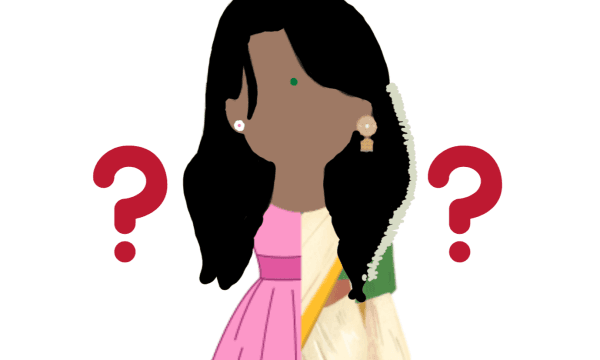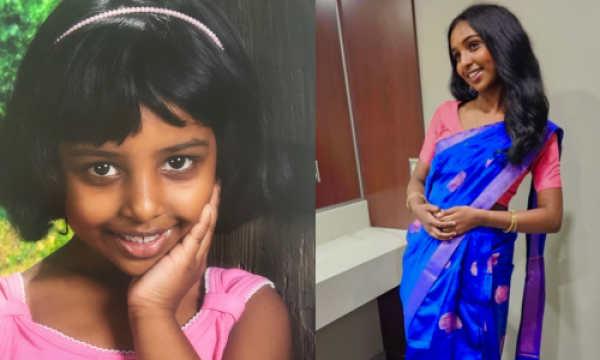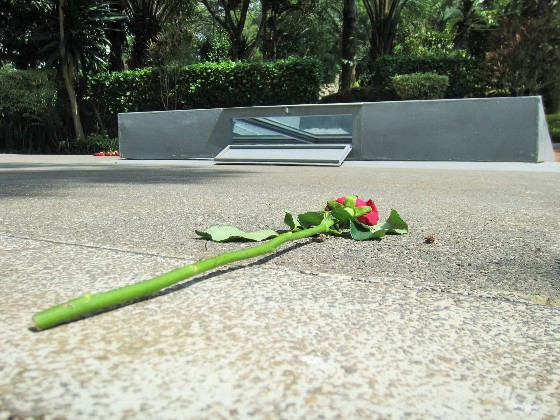
Today, July 15, marks the end of the 100 days of mourning that are observed in Rwanda every year to commemorate the 1994 genocide carried out against Tutsis and moderate Hutus in that country. Being a Canadian of Sri Lankan Tamil origin, the author is no stranger to ethnic conflicts and the impact of collective trauma on memory and reconciliation. He made the following observations on his recent visit to Rwanda for the 20th anniversary of the genocide.
Rwanda is commonly known as “The Land of a Thousand Hills”. What they forget to mention is the beauty of the valleys that lie between these hills which are carpeted with plantations of tea, sugarcane, rice, banana, Irish potatoes, maize, and more. It is difficult to imagine that 20 years ago, these were part of the killing fields where a million lives and futures were hacked down and Rwanda became reduced to an adjective to describe UN impotency in the face of ethnic cleansing around the world.
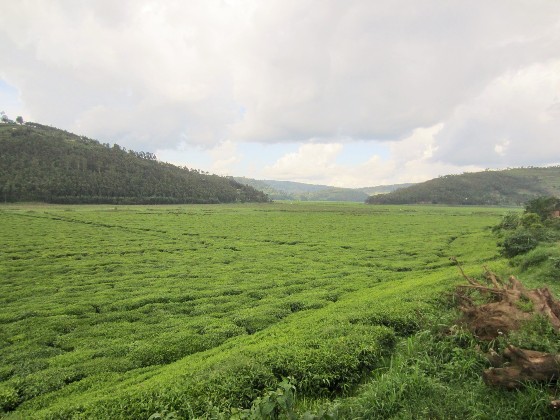
I am not the first to wonder so, says Stephan (not his real name) who is my tour guide. Stephan is an interesting character – almost a personification of the Rwanda that is struggling to emerge. He is an ethnic Tutsi and part of a generation that went into exile in neighbouring countries long before 1994. In Stephan’s case, his grandparents had emigrated to Uganda where both his parents were born. His father was a member of the Rwandan Patriotic Front and so the politics of his birth are very much the politics of his country. Yet he wants to “remember, unite and renew” - the promise of Kwibuka20. He wants reconciliation to work, almost half of his friends are Hutu, he considers himself Rwandan not Tutsi, and wants to play his role in creating a fair and economically strong Rwanda for all even if that means him foregoing opportunities for easier, more prosperous lives in the West.
However, it is rarely so black and white.
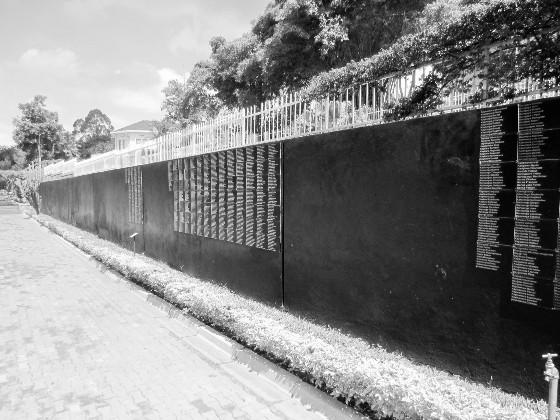
Over dinner, he tells me how it is still difficult for many of the elders to forget or forgive. He talks of the 2012 grenade explosion in Kigali that killed six people which was found to be the work of the Hutu FDLR group, and how he missed death by a couple of hundred metres. Then he mentions, so quietly and casually that I almost miss it, that his girlfriend is a genocide survivor. She was five years old when she saw her parents and one of her siblings being killed by the genocidaires and her trauma continues to this day. His professional life comes to a near standstill every April since he takes time off to spend it with her to grieve together. April is the start of the annual remembrance period in Rwanda which goes on for 100 days which is how long the genocide was allowed to continue through acts of omission and commission by the international community.
Trauma is not a theoretical exposition for her, or him for that matter. She is still traumatized – a couple of years ago, she had such a serious episode (“relapse” if you want to call it) that he had to cut short a tour group he was guiding in Uganda and return home to be with her. But such a relationship is one he chose for himself and he intends to honour it. It is in this moment that I realize the kind of man sitting in front of me, and the heroism of so many Rwandans going about their daily lives – all survivors of one kind or another.
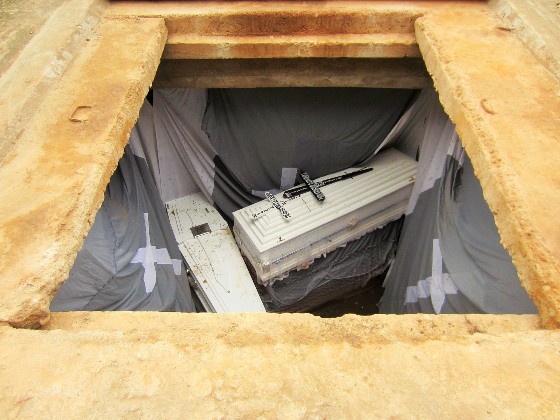
The next day I ask Stephan if it bothers him when I talk in terms of Hutu, Tutsi and Twa. He says it does but tells me that it is okay because I am trying to understand what happened. He hopes, though, in his son’s generation that these differences, based on socioeconomic status in origin, made ethnic by colonial interests, and exploited by hatemongers, will cease to exist completely and his son’s generation will truly feel Rwandan, in name and spirit, and does not have to answer such questions from tourists. Stephan’s son is named after a legendary Ethiopian king – and I too hope that his son comes to inherit the kind of Rwanda that Stephan prays for.
There’s an old saying here that goes “God roams the world but comes to Rwanda to rest”. If so, God, as He returns to this land, must surely come to rest in the quiet courage of everyday heroes like Stephan and his girlfriend, and in the aching beauty of these valleys.
What you remember and how you remember is always a matter of choice. In this, my first visit to Rwanda, this is how I choose to remember this place and these people.







